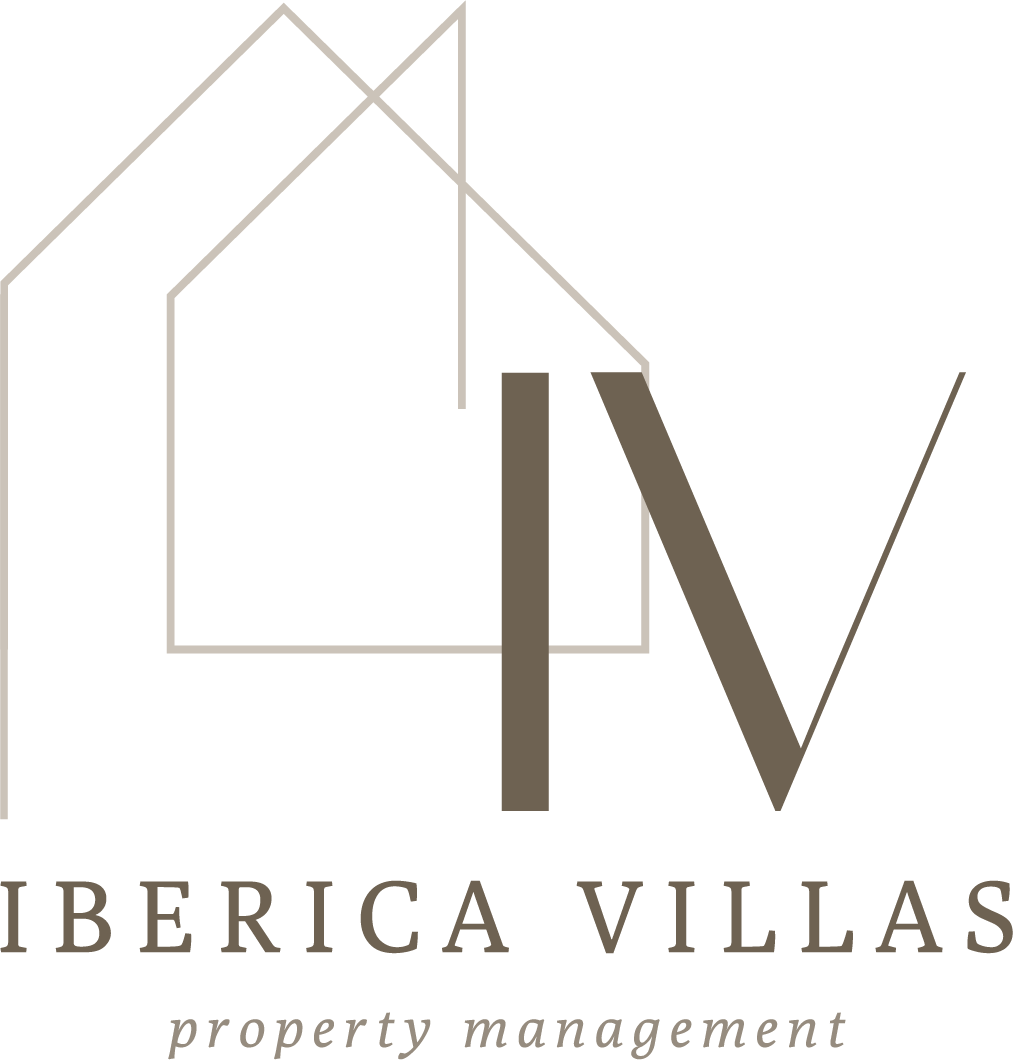Overview of some interesting events and festival in Costa Blanca North , Spain:
The Northern Costa Blanca is rich in cultural events and festivals that celebrate local traditions, history, and festivities. Here are some of the best festivals and events that you shouldn’t miss during your visit:
- Las Fallas (March)
- Locations: Dénia, Benidorm, and Calpe
- Description: This spectacular festival takes place in March and is known for its impressive papier-mâché figures (fallas) that are burned at the end of the festival. The event also includes fireworks shows, parades, performances, live music, and street parties.
- Moros y Cristianos (Various Dates and Locations)
- Locations: Dénia, Altea, Benidorm, and Villajoyosa
- Description: This colorful festival celebrates the historic battles between the Moors and the Christians. The festival features parades with impressive costumes, music, and dance. Dates vary by town, so it’s good to check the local schedule.
- Bous a la Mar (July)
- Location: Dénia
- Description: This unique event is part of the Fiesta Mayor of Santísima Sangre. Bulls are led through the streets to the harbor, where they eventually jump into the sea. It is an exciting and lively event that attracts spectators from all over the world.
- Fiesta de Sant Joan (June 24)
- Locations: Alicante and various villages along the Northern Costa Blanca
- Description: This festival celebrates the summer solstice with bonfires, music, and dancing. People jump over small bonfires for luck and health. In Alicante, there are also impressive fireworks shows and street parties.
- Fiesta de Moraira (July)
- Location: Moraira
- Description: This local festival celebrates the town’s patron saint with a week of festivities, including religious processions, fireworks, concerts, and traditional dances.
- Jazz Festival (July/August)
- Location: Dénia
- Description: This festival attracts national and international jazz artists and offers a series of open-air concerts in the atmospheric streets and squares of Dénia.
- Fiesta de la Virgen del Carmen (July 16)
- Locations: Altea, Calpe, and other coastal towns
- Description: This festival honors the patron saint of fishermen. The highlight is the maritime procession where the statue of the Virgen del Carmen is carried by fishing boats. The event often concludes with fireworks and celebrations at the harbor.
- Oktoberfest (October)
- Location: Calpe
- Description: A traditional German Oktoberfest held in Calpe, complete with beer tents, German music, dancing, and of course, plenty of beer and bratwurst.
- Gastronomic Events
- Locations: Various towns and villages
- Description: The Northern Costa Blanca is known for its gastronomic festivals that celebrate local cuisine and products. Popular events include the Gamba Roja de Dénia Competition and various tapas routes (Ruta de la Tapa) in towns like Altea and Benidorm.
- Medieval Market (Various Dates)
- Locations: Jávea, Altea, and other towns
- Description: This market event takes visitors back in time with stalls offering traditional crafts, food, and drink, accompanied by medieval music and street performers.
Tips for visitors:
- Check the dates: The dates of some festivals can change annually, so it’s wise to check the local schedule in advance.
- Arrive early: For popular events like ‘Las Fallas’ and ‘Moros y Cristianos,’ it’s advisable to arrive early to secure a good spot.
- Try local delicacies: Many festivals offer the chance to taste local specialties, so take the opportunity to enjoy the local gastronomy.
- Accommodation options: Book your accommodation early, especially during the busy festival periods, to avoid disappointment (festivals are very popular!).
Attending some of these festivals and events allows you to experience the rich culture and traditions of the Northern Costa Blanca in a unique and festive way. You will have a lot of fun and also learn much about Spain and Spanish culture.

